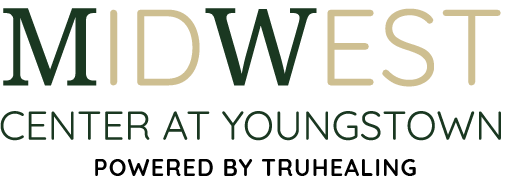Meth is a distinctly nasty drug for the devastation it causes. Perhaps more than any other drug, meth creates noticeable physical deterioration in users. Skin problems, tooth decay, weight loss, and more all characterize meth addiction. The impact of meth addiction is often visible to the user and those around them. However, meth addiction, just like any other addiction, is not really a choice. Addiction is a disease in need of treatment.
One reason people may fear or resist treatment is the symptoms of meth withdrawal. It is a very uncomfortable process. People who try to quit on their own may find the process unmanageable, if not outright dangerous. Helping your loved one to access the care they need begins with knowledge. Understanding the symptoms of meth withdrawal can unlock compassion that may have been missing previously. It can also act as a call to urgently help your loved one seek treatment. Without dedicated, professional help, their meth addiction may continue to spiral out of control. Call Midwest Center at Youngstown at 844.544.0502 to discover meth addiction treatment options.
What Are the Symptoms of Meth Withdrawal?
Two of the most common symptoms of meth withdrawal are depression and extreme cravings. Meth produces intense feelings of pleasure when it is used. When the brain is first deprived of the drug, depression typically sets in. People struggling with an extreme meth addiction may even experience suicidal thoughts. The mental health struggles that characterize the side effects of meth withdrawal are one of the top reasons for relapse. A person may return to meth use to ease withdrawal symptoms.
Extreme cravings are another common symptom of meth detox. Research shows that these cravings dissipate during withdrawal until they eventually disappear. Nonetheless, their strong presence in the early days of detox means managing them effectively is critical to achieving sobriety. While less common, another concern for people going through meth withdrawal is psychosis. Other potential symptoms of meth withdrawal include:
- Fatigue
- Lethargy
- Sleepiness
- Increased appetite
- Dry mouth
- Paranoia or delusions
- An on edge or jittery feeling
Managing the Symptoms of Meth Detox
Detox is the first step in treating meth addiction. Eliminating the presence of the drug establishes a firmer footing on which to conduct the rest of the recovery. With that in mind, meth addiction treatment centers emphasize managing the symptoms of meth detox to avoid relapse and ensure patients commit to treatment for long enough to realize transformational results.
The side effects of meth withdrawal must be managed through the entire withdrawal period. Meth is a potent drug. It also has a very short half-life, leaving the body relatively quickly after use. For that reason, meth detox involves a shorter timeline than what other drugs require.
Withdrawal typically begins within 24 hours following the last usage. It is important to understand that most meth users have some experience with the symptoms of meth withdrawal. They may have used meth at times simply to escape experiencing withdrawal symptoms. Side effects of meth withdrawal peak about one week into detox. Intensity usually declines thereafter, with most people exiting withdrawal after two weeks total.
Overcome Meth Addiction with Midwest Center at Youngstown
Midwest Center at Youngstown specializes in treating a range of addictions, including meth. We understand the symptoms of meth detox and how to best care for patients as they undergo a challenging period in their recovery.
Quitting meth without professional support and care is a recipe for disaster. Relapse is much more likely for people who try to quit meth on their own. Trying and failing to quit can become a demoralizing cycle that only solidifies an addiction. Trust your loved one’s recovery to Midwest Center at Youngstown by calling 844.544.0502.

